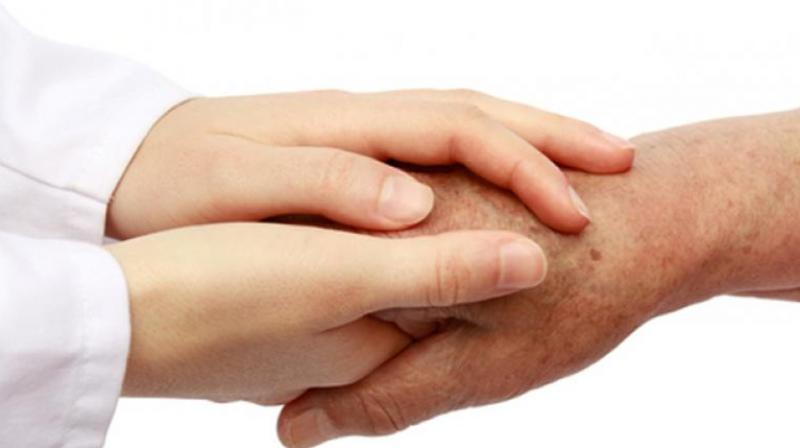Mystic Mantra: Joy of serving the unserved

When once asked to express in one word the guiding principle of happy life, Confucius replied, “It is altruism.” And what is altruism in its essence? It is a total orientation away from selfishness and towards the good of others, to the sharing of joys and sorrows of the whole world. The other becomes the justification for my being on this earth. Albert Schweitzer who worked for the sick and infirm in African jungles put it this way: “I am life wishing to live in the midst of the lives, which also wish to live.”
Great thinkers have emphasised the “S” factor — “S” for service, i.e., service to society. Einstein maintained that it is a higher destiny to serve than to rule. In the words of Marcus Aurelius, “We are made for cooperation, like feet, like hands, like eyelids, like the rows of the upper and lower teeth. To act against one another then is contrary to Nature.”
If our world has to become a beautiful and peaceful place, we have to get rid of the “me generation” that pervades the society, that presides over office tables and that infests our universities too.
Social service is an offspring of compassion and love, and is sustained gracefully when it is not rooted in self-advertisement.
The marvellous thing about humanitarian service is that once the unhappy person feels that somebody cares about him he is often able to begin caring more about others. Love liberates love: it is as direct and miraculous as that.
Deep in our hearts, most of us yearn for our lives to be useful, and hope that we can wipe a few tears from the sobbing eyes of our unfortunate brethren. Smiling faces are the greatest reward, and in reality, are greater than any reward can be.
You can have all the wealth and the health in the world, but unless you do something for the poor you can never achieve real happiness.
If one concentrates on selfless service to others and makes it a one-point mission this duty can become a deity and keep our heart and mind clean and spotless. In whatever station of life we are placed, we can do this.
The nature of service is that we do it because it is right to us. If we do it without the expectation of a reward, we feel happy. It rejuvenates our hearts. Working for the poor gives us inner strength.
Our faith in God and human beings is shown in small acts of kindness, brotherhood or sisterhood and familiarity in our day-to-day lives.
We don’t have to go out and look for an opportunity to do this duty. It stands before us all the time, and we need only to do very well the work that we have been given. If we are mothers, we should be great mothers; if we are civil servants, we should serve people with great energy, honesty and courtesy. William Penn has rightly said: “I expect to pass through this world but once. Any good, therefore, that I can do let me do it now, let me not defer or neglect it, for I shall not pass this way again.”

